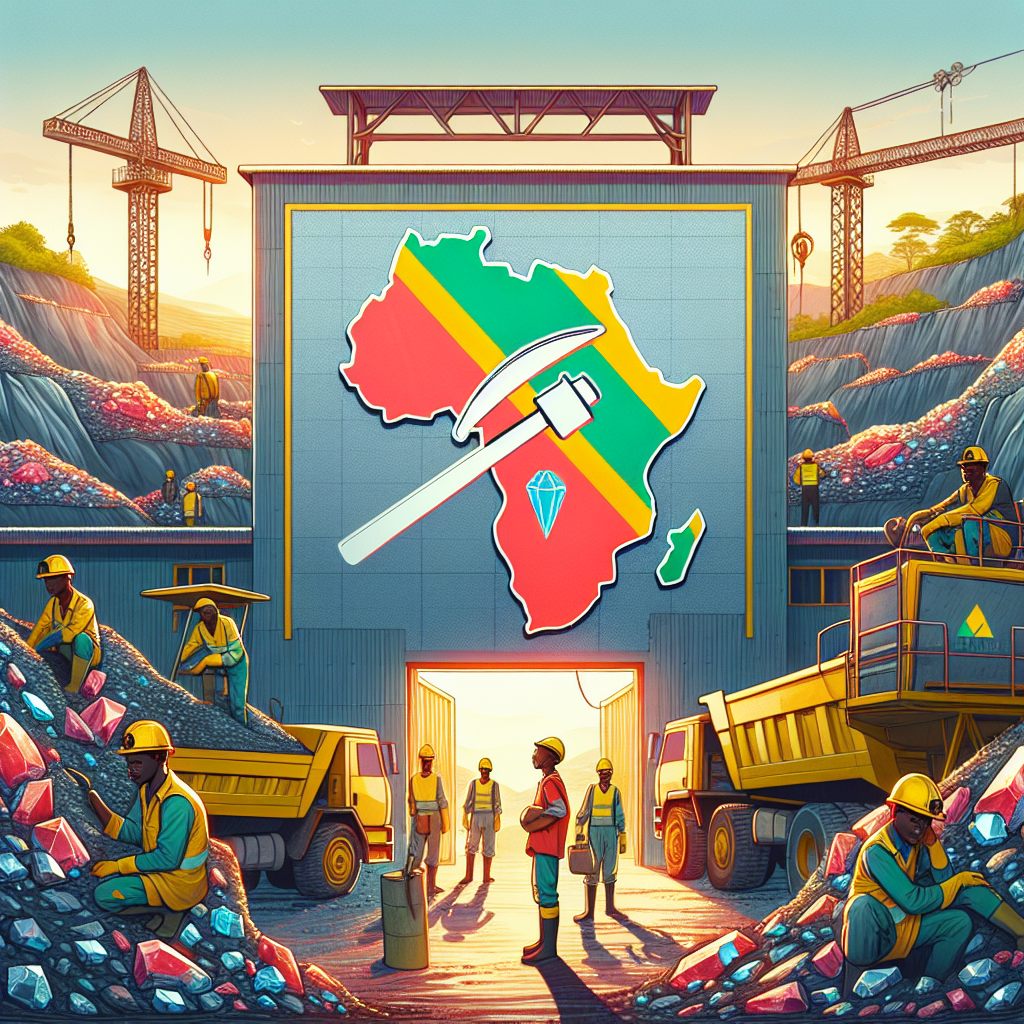World Bank: Congo Growth Improves but Poverty, Oil Dependence Persist
The World Bank notes that Congo has improved non-oil revenue mobilization and made progress in public debt and treasury management reforms.

The Republic of Congo recorded modest real GDP growth of 2.6% in 2024, marking the first moderate increase in per capita income since 2016, according to the World Bank’s 12th Economic Update for Congo. While the result signals gradual improvement, the Bank warns that these gains have yet to translate into meaningful poverty reduction.
The report, titled “Strengthen the management of produced, human and natural capital to raise living standards in the Republic of Congo”, stresses that the government must manage its debt, liquidity, and natural resources more strategically to strengthen fiscal sustainability and unlock the country’s full growth potential.
Economic Outlook: Gains Amid Persistent Vulnerabilities
The World Bank notes that Congo has improved non-oil revenue mobilization and made progress in public debt and treasury management reforms. Public debt has declined, but liquidity pressures remain elevated, requiring tighter control over spending and cash flow.
Growth in 2024 was supported by:
-
Agricultural value chains, boosted by local content policies.
-
Manufacturing exports, fueled by rising regional demand.
However, a contraction in oil production underscored the economy’s vulnerability. Despite diversification efforts, Congo remains highly dependent on hydrocarbons, with limited labor absorption in emerging sectors.
Looking ahead, GDP growth is projected at 2.8% in 2025, with a gradual recovery expected in 2026–2027. But lower oil prices and tighter global financial conditions will test the country’s fiscal and external resilience.
Harnessing Congo’s Human and Natural Capital
The report highlights Congo’s considerable natural and human capital as untapped drivers of wealth. Forests cover 69% of the country’s territory, storing nearly 16 billion tonnes of carbon while providing critical ecosystem services.
Cheick Fantamady Kanté, World Bank Country Director for Central Africa, emphasized the global importance of Congo’s natural resources:
“For a forest-intensive country like the Republic of Congo, an effective global financing mechanism is essential to turn carbon sequestration services into tangible benefits. Estimating the value of these services is a critical first step.”
The report argues that better forest governance, combined with stronger investments in education, health, and human capital, could sustainably raise living standards and increase wealth per capita.
Policy Recommendations
The World Bank’s Economic Update recommends:
-
Strengthening education and health systems to improve human capital.
-
Rationalizing public spending and improving fiscal management.
-
Promoting local transformation of natural resources to create jobs and diversify exports.
-
Mobilizing climate finance by valuing and monetizing Congo’s carbon sequestration capacity.
-
Strengthening forest governance to balance conservation and development.
A Call for International Support
The report concludes with a call for concerted and scaled-up international support to help Congo pursue inclusive and sustainable growth. By leveraging its natural capital and investing in its people, the country can build a more resilient economy less dependent on oil and better positioned to achieve long-term prosperity.
“Socially inclusive, environmentally friendly growth is essential for the well-being of all Congolese,” the report states, urging partners to support reforms that promote fiscal stability, job creation, and climate resilience.










